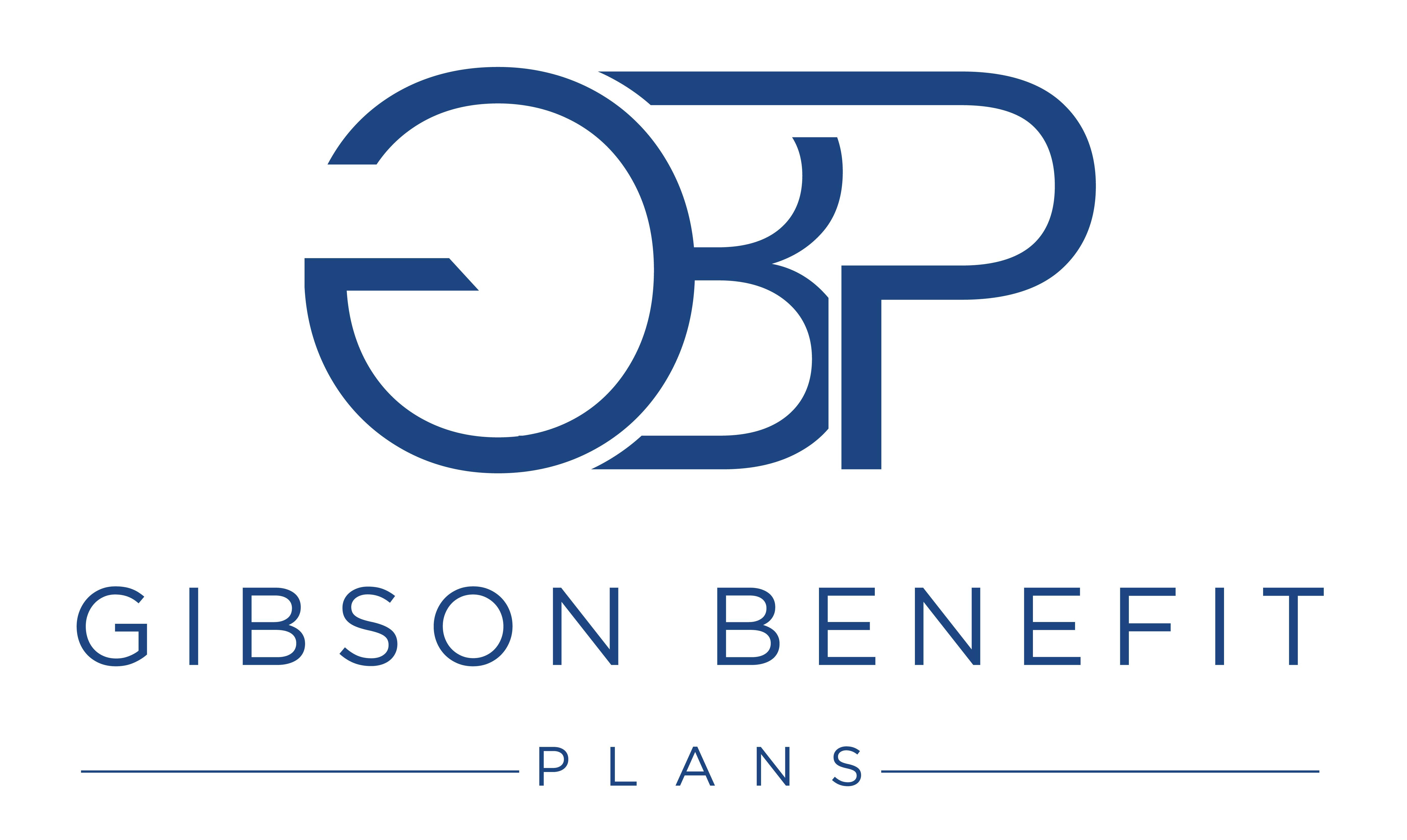
Family Life Insurance

Family Life Insurance, also known as family or whole life insurance, is a type of life insurance policy designed to provide financial protection to your loved ones in the event of your death. This type of insurance is often marketed as a way to secure the financial future of your family or beneficiaries by providing a death benefit when the policyholder passes away. Here are some key features and aspects of family life insurance:
- Coverage for Multiple Family Members: Family life insurance can be structured to cover not just the primary policyholder but also other family members, such as a spouse and children. This means that the policy can provide a death benefit in the event of the death of any of the covered individuals.
- Permanent Life Insurance: Family life insurance is typically a form of permanent life insurance, which means it provides coverage for your entire life, as long as premiums are paid. It also includes a cash value component that can grow over time.
- Death Benefit: The primary purpose of family life insurance is to provide a tax-free death benefit to the beneficiaries named in the policy. This benefit can be used to cover funeral expenses, pay off outstanding debts, replace lost income, and provide financial support to the surviving family members.
- Cash Value Component: Family life insurance policies accumulate a cash value over time, which can be borrowed against or withdrawn in some cases. The cash value component can serve as a source of savings and can be used for various financial needs.
- Premiums: Premiums for family life insurance tend to be higher than those for term life insurance, which provides coverage for a specific term (e.g., 10, 20, or 30 years). However, the advantage is that family life insurance provides lifelong coverage.
- Dividends: Some family life insurance policies, particularly those issued by mutual insurance companies, may pay out dividends to policyholders. These dividends can be used to reduce premiums or enhance the cash value of the policy.
- Estate Planning: Family life insurance can be an important component of estate planning, as it can provide funds to pay estate taxes and other expenses. It can also ensure that beneficiaries receive a tax-free inheritance.
- Riders and Customization: Policyholders can often add riders (additional coverage options) to their family life insurance policies to tailor the coverage to their specific needs. Common riders include coverage for critical illness, disability, and long-term care.
It's important to carefully consider your family's financial needs and goals when deciding on the appropriate type and amount of life insurance coverage. Consulting with a financial advisor or insurance professional can help you determine the best policy for your family's specific circumstances. Additionally, it's crucial to review your family life insurance policy regularly to ensure that it continues to meet your evolving needs.
Send a Message
Don't let uncertainty and confusion get in the way of protecting what matters most to you. Reach out to us now, and let's find the perfect insurance plan tailored to your unique needs.
Your peace of mind is just a click away. Let's start this journey together!
Get in Touch
Call us
(816) 277-9553Contact us
[email protected]